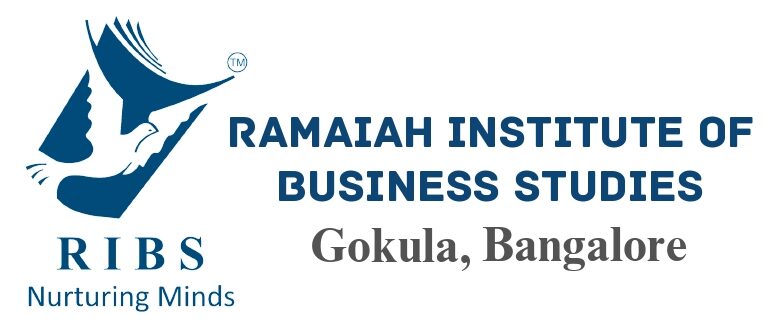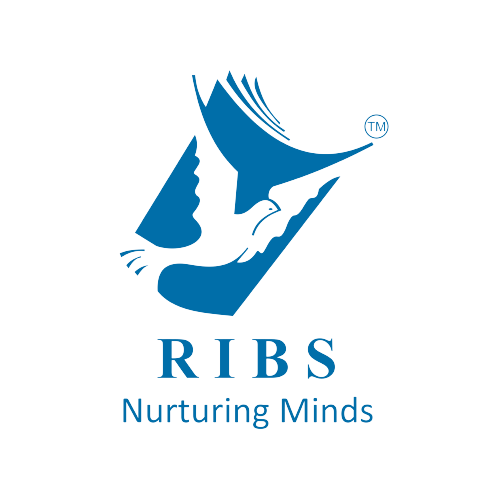BA
- BA Psychology Programme
- Curriculum
- Syllabus
- BA Journalism & Mass Communication
- Programme Outcome
- Career Opportunities
Programme Overview
The Bachelor of Arts in Psychology programme is a regular three-year (six-semester) course of study offered by Bangalore University. This programme provides students with a comprehensive understanding of the principles and practices of psychology, preparing them for careers in a variety of fields. Students will also have the opportunity to participate in fieldwork and internships to gain practical experience in the field. Upon completion of the programme, graduates will be equipped with a solid foundation in psychology and the skills necessary to succeed in their chosen career paths. This program has been designed to provide students with an enriching learning experience. The program seeks to equip students with a solid foundation in psychological theories, concepts, and methodologies, thereby providing them with a strong base to build on. In addition, the program endeavors to foster critical thinking, analytical skills, and ethical awareness within the field of psychology, thereby helping students to develop a deep understanding of the subject matter. The program also aims to develop practical skills in research design, data collection, analysis, and interpretation, which will enable students to apply their knowledge in real-world settings. Ultimately, the program aims to prepare students for a successful career in psychology-related fields or for pursuing graduate education, thereby empowering them to make a meaningful contribution to society.
BA Journalism is an undergraduate course of three years that deals with the world of mass media
and journalism about politics, culture, and society. The course curriculum of Journalism is
designed to provide a comprehensive understanding of the news industry. It encompasses various
aspects such as news reporting, writing, editing, photography, and broadcasting. The curriculum
aims to equip students with the necessary skills to effectively communicate news and
information to the public. BA Journalism course offers the papers titled- Introduction to
Communication, Print Media, Audio-Visual Media, Media Laws, Reporting, Editing, Media
Programme Overview
BA Journalism is an undergraduate course of three years that deals with the world of mass media and journalism about politics, culture, and society. The course curriculum of Journalism is designed to provide a comprehensive understanding of the news industry. It encompasses various aspects such as news reporting, writing, editing, photography, and broadcasting. The curriculum aims to equip students with the necessary skills to effectively communicate news and information to the public. BA Journalism course offers the papers titled- Introduction to Communication, Print Media, Audio-Visual Media, Media Laws, Reporting, Editing, Media Management and Advertising & Public Relations which nurture the budding journalists to adapt for the contemporary media practices in the industry.Ultimately, the program aims to prepare students for a successful career in Journalism related fields or for pursuing further education, thereby empowering them to make a meaningful contribution to society.
PO1: To develop the communication skills, theoretical and practical knowledge among the students in various types of media and understanding of the relationships among communication, mass communication, culture, and those who live in the culture.
PO2:Students will be able to write a variety of mass media products, including news stories, press releases, and advertising copy, following accepted journalistic standards, including Associated Press style. Students will be able to create and design emerging media products, including blogs, digital audio, digital video, social media, digital photography, and multimedia.
PO3:Students will understand mass media as a system of interrelated forces, including historical foundations, technological advances, economic dynamics, regulatory constraints, and ethical concerns. and to know about pre and post independent press, growth and development of Indian press, Kannada journalism. history of Indian cinema, TV and Radio.
PO4:To understand techniques of reporting in different media, news gathering techniques. Various types of reporting including crime, court, environment, development, political, sports, education, culture and entertainment, and to understand different types of interviews. and preparation and techniques of interview. To gain knowledge of types headlines writing. to know about different types of editing symbols used in news. and editing techniques.
PO5:To understand the concept of advertising origin and development. different types of advertising, advertising design, advertising campaigns,laws and ethics of advertising, ASCI, consumer behavior.
- Reporter:Reporters are responsible for gathering information, conducting interviews, and writing articles for publication. They may cover a variety of topics such as politics, crime, entertainment, sports, or business.
- Editor: Editors review and revise written content to ensure accuracy, clarity, and coherence. They may also be involved in planning and coordinating the layout of publications, as well as managing staff writers and freelancers.
- Anchor/Presenter: Anchors and presenters host television or radio shows, introduce stories, interview guests, and providing commentary on current events.
- Photographer/Videographer:Photographers and videographers capture images and footage to accompany news stories. They may work independently or in collaboration with reporters and editors.
- Social Media Manager:Social media managers manage the online presence of news organizations, creating and curating content for various platforms, and engaging with readers and followers.
Your journey towards success begins here! Apply now and be a part of Ramaiah Institute of Business Studies’ legacy of excellence.


